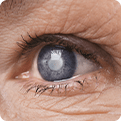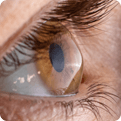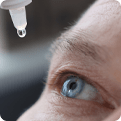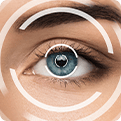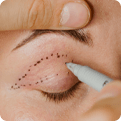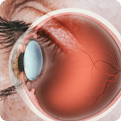Eye doctors are always cautioning patients that too much UV exposure increases the risk of eye diseases, such as cataracts or cancer. Few listen, though. Most just want to enjoy their time in the sunshine while they’re young. However, the two are not mutually exclusive. You can protect your eyes while enjoying the great outdoors, too.
Follow These Tips
Taking precautionary steps today will help your eyes tomorrow. Here are a few useful tips when protecting your eyes from the sun:
- Sun damage can occur anytime of the year, not just during summertime. Wear UV-blocking sunglasses and wide-brim hats when outdoors.
- Do not be fooled by cloud coverage; the sun’s rays pass through haze and thin clouds with ease.
- Never look directly into the sun. Doing so, especially during an eclipse, can lead to solar retinopathy, which damages the eye’s retina.
- Do not forget about children or the elderly, as both are susceptible to eye damage from ultraviolet radiation.
UV in Moderation
Believe it or not, a little ultraviolet is good for us – in moderation. As we sleep, our eyes clear out any irritants, like dust, allergens, and smoke. Scientists believe light-sensitive cells in our eyes are crucial when regulating our wake-sleep cycles.
We must always protect our eyes from overexposure to ultraviolet light. However, we also need minimal exposure to natural light each day for healthier sleep-wake cycles and eye health. Many things are fine in moderation, and UV light is no different.
Get Outdoors
Research has shown that spending a little time outdoors is healthy for children’s eyesight. Natural light reduces the risk of developing nearsightedness. Take your children outdoors to play regularly!
Contact Us
To schedule an eye appointment, contact Eye Care of Delaware by calling (302) 454-8800. We’re here to improve your eye health, one appointment at a time.

